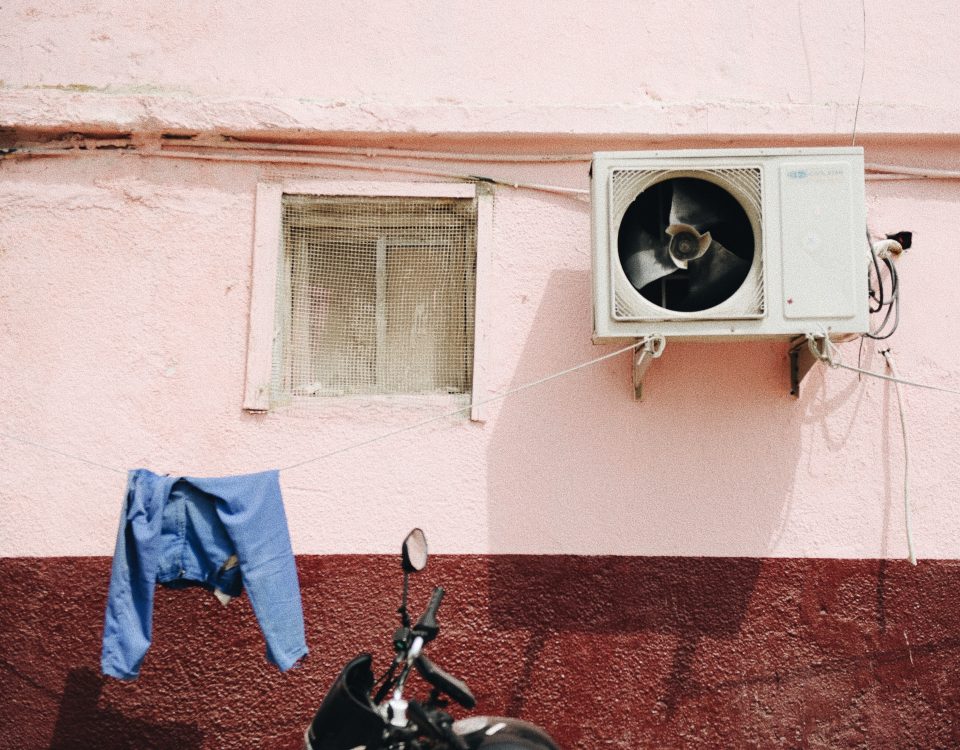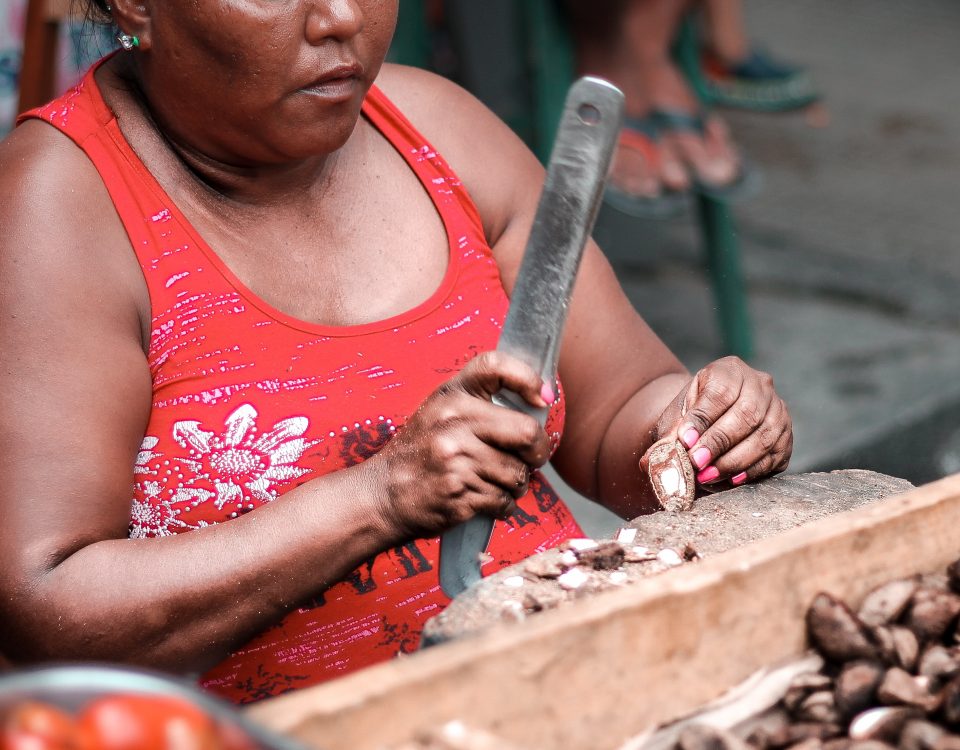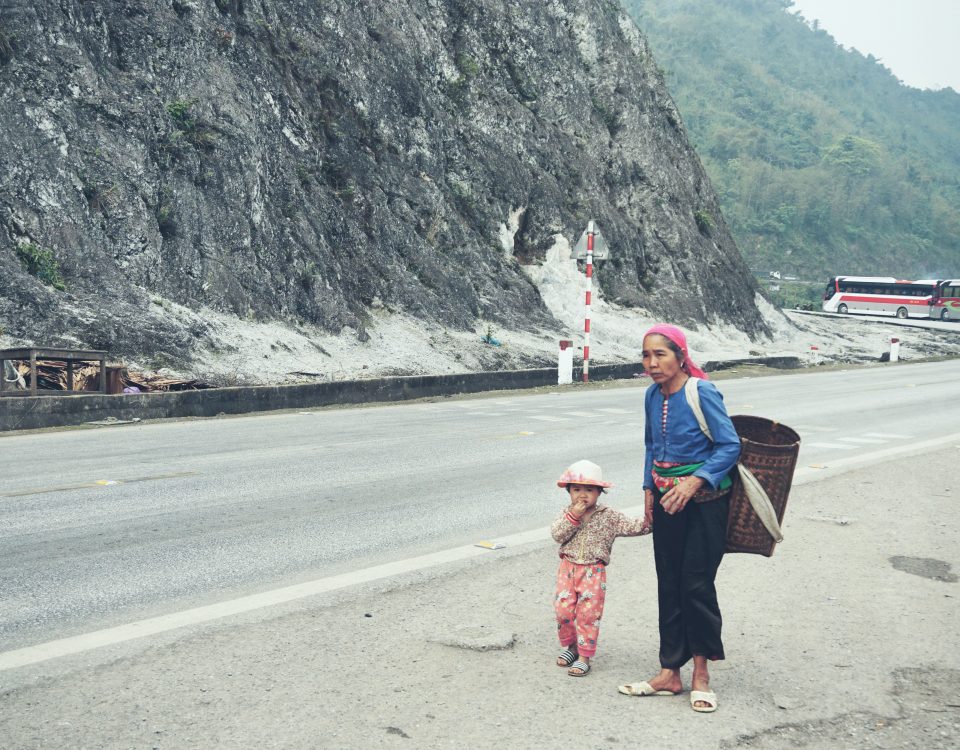Members
Countries
Continents
Years active

What we know
All of us need care as young children, most of us will need care again as we near the end of our lives, and many of us will need care in varying levels of intensity for longer or shorter periods in between. An enormous amount of these care needs are met by the unpaid labor of friends and family members, and growing numbers of paid workers are partners in the provision of care across the life course. In the broadest sense, carework shapes all of us - both as recipients and as partners with paid care workers in caring for friends and family members. And all of us have a stake in developing knowledge that will advance efforts to improve our current approach to care provision.
Carework scholarship helps us understand the ways that the social organization of care is an interconnected set of social structures defined by policy and culture – rather than a set of individual problems about how to balance work and family, how to find high quality paid help, how to manage expectations of a job. Understanding care as a system helps us to understand the impact of COVID19 across this system of care and in different national contexts rather than as a set of isolated problems.
Key sources
Tronto, Joan C. 2013. Caring Democracy: Markets, Equality, and Justice. New York University Press.
Folbre, Nancy. 2012. For Love And Money: Care Provision in the United States. Russell Sage Foundation.
Razavi, Shahra. 2007. The Political and Social Economy of Care in a Development Context: Conceptual Issues, Research Questions and Policy Options | Publications | UNRISD. Geneva: UNRISD.
Addati, Laura, Umberto Cattaneo, Valeria Esquivel, and Isabel Valarino. 2018. Care work and care jobs for the future of decent work. International Labour Organization (ILO).





